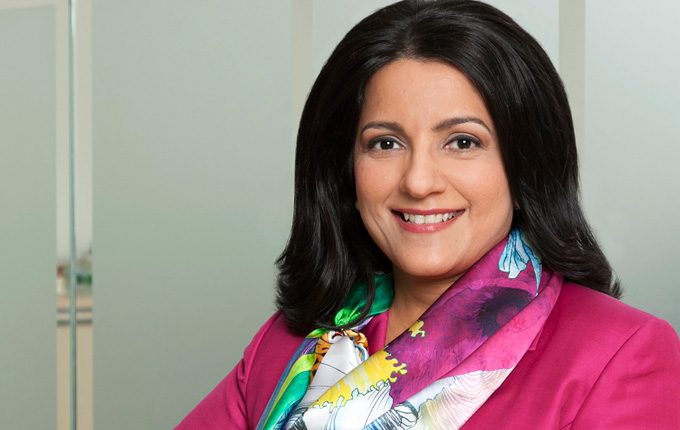Many active fund managers argue they only invest in quality companies.
But what is meant by ‘quality’ can vary quite dramatically from manager to manager.
In general, for a listed company to be deemed a quality stock they are expected to generate strong cash flow, are consistently profitable and have low levels of debt.
When applying these metrics to the currently much-loved technology sector, many investors come up with several names, including Facebook and Amazon.
The initial public offering of Facebook in 2012 was one of the most anticipated IPOs for decades.
Since its listing, the company has grown their earnings at an average rate of 51 per cent per year and has no debt.
Amazon is another popular stock, which has made it one of the most expensive in its category.
Despite the fact that Amazon has reported only a handful of modest full-year profits in its 22-year history, the company is trading at a sky-high price-to-earnings ratio of more than 190 times.
This is largely based on the fact that the company spends almost its entire gross profit on research and development, which investors hope will mean even higher profits in the future.
As some of the few large and stable companies in the technology sector, Facebook and Amazon are considered by many investment managers as quality companies.

Many people confuse a first-mover advantage, which is an advantage, with a sustainable advantage. They are two different things. Amazon, for example, has a first-mover advantage, but I’m not convinced it is a sustainable advantage. The jury is still out, so to me it is a low quality business.
But Ariel Investments Chief Investment Officer Rupal Bhansali, a renowned contrarian investor, disagrees.
She wants to see some indication that these companies will continue to be profitable and have sustainable profit growth.
“We would argue that Facebook is a low quality business,” she told the Chartered Financial Analyst Society of New South Wales in August.
“I understand that a lot of people think it is a high quality business, but here is the challenge: Facebook drives its revenue stream from advertising; this is all about eyeballs.
“[But] the definition that Facebook uses to determine how many views their users have hit, to us it is not only flawed, it is absolutely inaccurate.
“For me to then have a business that depends upon that one thing that I can’t trust and don’t know how to verify…, I’m not going to take that chance, that is too risky,” she said.
Bhansali was also unimpressed by Amazon.
Although she gave the company credit for the hard work that went into establishing a network of suppliers, she doesn’t think it has a sustainable competitive advantage.
“Many people confuse a first-mover advantage, which is an advantage, with a sustainable advantage,” she said. “They are two different things.
“Amazon, for example, has a first-mover advantage, but I’m not convinced it is a sustainable advantage. The jury is still out, so to me it is a low quality business,” she said.

Too many folks are focused on collecting information; you need to know how to connect information. Markets don’t reward me-too conclusions.
But even when Bhansali finds a quality company at a reasonable price she still won’t necessarily invest.
“We have to find a high quality business that has a strong balance sheet and is out of favour and is trading at a discount to intrinsic value and it requires patience … and it is going to be a contributor to our portfolio.
“Why do I say ‘and’? Because if you just have a high quality business, but you overpay for it and you pay a premium to intrinsic value as opposed to a discount, you are just settling for ‘or’.
“We don’t settle for ‘or’, we want ‘and’,” she said.
Often this means her investment ideas go against the general consensus in the market, but Bhansali said it is the only way to make money consistently.
“Too many folks are focused on collecting information; you need to know how to connect information,” she said.
“Markets don’t reward me-too conclusions.”
__________
[i3] Insights is the official educational bulletin of the Investment Innovation Institute [i3]. It covers major trends and innovations in institutional investing, providing independent and thought-provoking content about pension funds, insurance companies and sovereign wealth funds across the globe.

